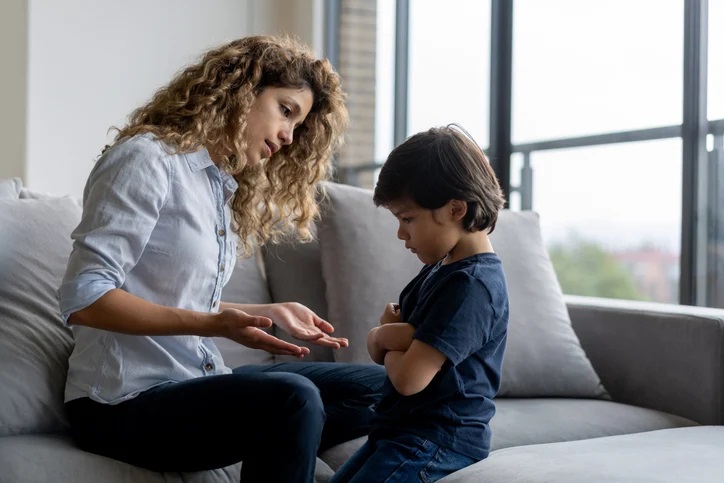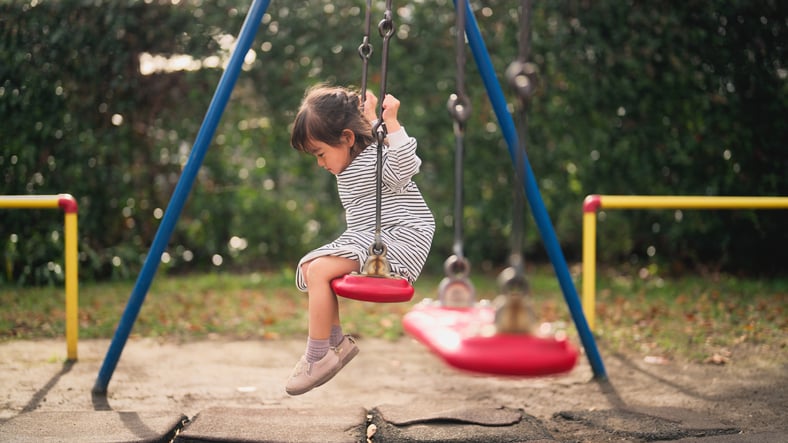As 4-year-olds embark on their journey of social and emotional growth, they enter a pivotal stage where interactions, feelings, and self-perception take on new dimensions. This phase is marked by significant milestones that shape a child’s burgeoning empathy, ability to engage in cooperative play, understanding of social norms, nuanced emotional expression, and the development of a distinct self-concept. These elements form the foundation for cultivating healthy social skills and emotional intelligence, essential for a child’s overall well-being and success.
The Landscape of Social and Emotional Growth
At the age of four, children’s social and emotional development deepens, encompassing empathy, cooperative play, and social norm awareness—all vital for nurturing healthy social skills and emotional intelligence crucial for their future.
- Developing Empathy: Four-year-olds begin comprehending and sharing others’ feelings, showcasing empathy through actions like comforting friends in distress. This budding empathy lays the foundation for meaningful relationships and understanding different perspectives.
- Cooperative Play: This age witnesses a shift towards collaborative play, where children engage in sharing, taking turns, and working together towards common goals, fostering teamwork and negotiation skills.
- Understanding Social Norms: Four-year-olds grasp basic social rules, using polite expressions and comprehending concepts like turn-taking, essential for navigating social interactions effectively.
- Expressing Emotions: Children exhibit nuanced emotional expressions and start verbalizing a wide range of feelings, moving towards more articulate emotional communication for better regulation and understanding.
- Developing Self-Concept: A clearer sense of identity, preferences, and abilities emerges, as kids articulate their uniqueness, fostering self-awareness and confidence.
- Managing Emotions: Improved emotional regulation is evident, with children employing strategies like seeking help or deep breaths when upset, showcasing better control over emotional responses.

What to Watch Out For in Social and Emotional Development
While nurturing the social and emotional growth of your 4-year-old, it’s crucial to be vigilant for any signs indicating potential developmental delays in these areas. Recognizing and addressing these concerns early on can facilitate timely intervention and support, ensuring optimal social interactions, emotional expression, and group dynamics.
Key signs to be mindful of include:
- Difficulty Understanding Social Cues: Struggles in interpreting or responding to social signals from others may suggest a developmental delay.
- Challenges with Conversations: Issues in engaging in dialogue, initiating communication, or maintaining conversations could indicate social interaction difficulties.
- Limited Emotional Expression or Regulation: Observing challenges in expressing emotions appropriately or managing emotional responses may warrant further attention.
- Struggles with Cooperative Play: Difficulty in participating in group play activities with peers might signal developmental hurdles.
- Difficulty Adapting Behavior to Different Settings: Kids should start grasping how to adjust their conduct based on varying environments, showcasing adaptability.

Next Steps for Concerns
Should you notice any of these red flags or harbor doubts regarding your child’s social and emotional development, it is advisable to share your observations with your child’s pediatrician. They can provide guidance and, if necessary, offer referrals to specialists for a comprehensive evaluation.
Professionals in the field may include:
- Occupational Therapists: Assess and aid in social skills and emotional regulation development.
- Child Psychologists or Behavioral Therapists: Specialize in supporting children’s emotional and social growth.
- Social Skills Therapists: Offer targeted interventions for enhancing social interaction skills.
In certain instances, participation in a Social Skills Group may benefit your child, providing a structured setting to practice social and emotional skills with peers under expert supervision. These groups can foster confidence, self-esteem, and social competencies in children.
As a caregiver, promoting your child’s social and emotional well-being entails observing their development, seeking assistance when necessary, engaging them in social activities, modeling healthy emotional expression, and establishing consistent routines to lay a robust foundation for their growth.
Recognizing and reinforcing social and emotional milestones is indispensable for caregivers and educators alike. Encouraging positive social interactions, modeling appropriate emotional expression, and providing support for navigating complex emotions are key strategies in nurturing these developmental achievements. By creating a supportive environment promoting healthy social and emotional growth, we pave the way for empathy, friendship, self-awareness, and emotional regulation, essential for a child’s personal and social development.
This article is part of a 5-part series on Developmental Milestones in 4-Year-Olds. Other articles in the series include:
- Four Critical Areas of Development for 4-Year-Olds
- Physical Development in 4-Year-Olds
- Cognitive Milestones in 4-Year-Olds
- Social & Emotional Development of 4-Year-Olds (this article)
- Language & Communication in 4-Year-Olds: What to Expect


